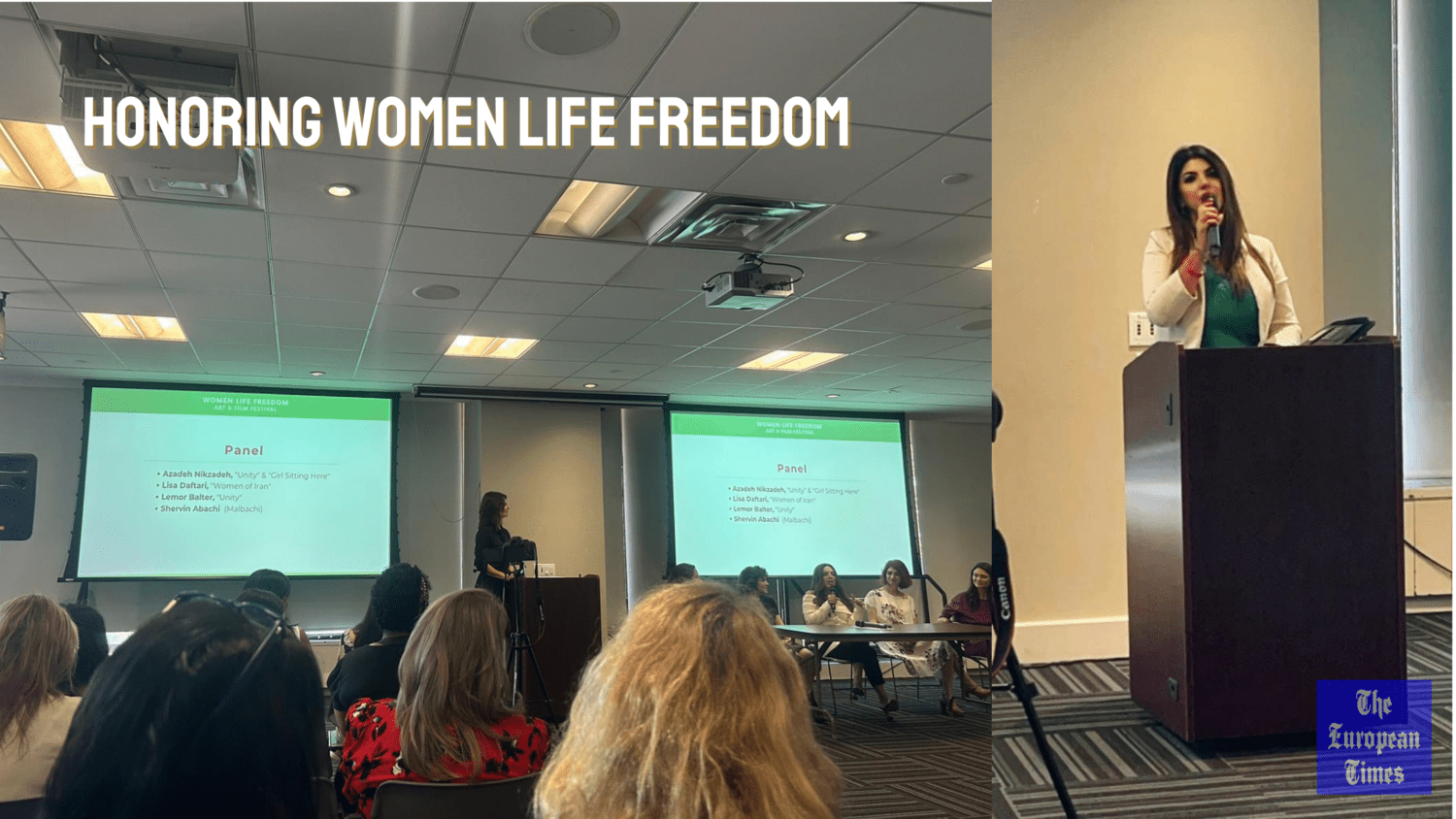Morocco and Libya, two very different catastrophes united by the “unimaginable trauma” of bereaved families, continue to mobilize the UN’s relief efforts, the Organisation’s top aid official Martin Griffiths said on Friday.
He called for solidarity with the people of the two countries and spoke of the tragedy of people looking desperately for their loved ones for days on end.
In Libya, “some have lost 50 or more family members”, he said.
Immediate deployment
Asked whether the UN was “ready” when disaster struck, Mr. Griffiths answered: “unequivocally, yes.”
He told reporters that within 24 hours of the earthquake which shook Morocco’s Atlas Mountain range last Friday, the UN deployed a disaster assessment and coordination (UNDAC) team of 15 people out of Geneva and key staff from the region.
Need for coordination
That team was now being redeployed to Libya with the consent of the Moroccan authorities to support essential coordination of the humanitarian response to the deadly floods.
“If you don’t have coordination, there’s chaos. And that loses lives,” Mr. Griffiths insisted.
Morocco: Second phase
The UN Emergency Relief Coordinator said that in Morocco, the earthquake had claimed nearly 3,000 lives. Although the early figures were “terrible enough”, they are likely to be overtaken by events as rescuers work through the rubble.
He highlighted the country’s “distinguished history” of building up response capacities in recent years.
The UN humanitarian chief stressed that the response in the country was moving from the initial phase, when the focus is on finding survivors and providing for the internment of those killed, to phase two, where supporting the survivors with aid – shelter, food, medicine – becomes the main priority.
Libya: 900,000 people affected
In Libya, where the UN already had a humanitarian presence on the ground, a “completely different catastrophe” unfolded, Mr. Griffiths said, that was “appalling, shocking, unimaginable in its consequences”.
There was speculation that some 20,000 people may have lost their lives in the massive flooding triggered by Storm Daniel over the weekend. Access to the city of Derna, the epicentre of the tragedy, remained difficult.
The UN relief chief said that 900,000 people in the country had been affected, “on top of a situation where 300,000 people in Libya already needed humanitarian aid”.
Helping humanitarians do their job
Mr. Griffiths described the challenges on the ground in the response to the disaster in Libya.
Those included coordinating with the internationally recognized Government and the de facto authorities in the east, discovering the “full extent” of the disaster, as floods and torrents have destroyed buildings and sludge was still concealing the “level of death and need”, as well as “getting the right aid to the right people at the right time”.
“That’s why coordination is so important,” he said. “It’s not a bureaucratic issue, it’s a prioritization issue. Helping key humanitarian agencies to do the job they do so well.”

Urgent appeal
On Thursday, the UN launched a flash appeal for Libya just over $71 million targeting 250,000 people for the next three months.
The UN Resident and Humanitarian Coordinator in the country, Georgette Gagnon, was leading the organisation’s response efforts and a coordination hub has been established in Benghazi.
Mr. Griffiths detailed the most urgent needs in Libya: equipment to find people in the sludge and the damaged buildings, shelter, food, clean water and sanitation, as well as key primary medical care, as the threat of cholera looms large.
He said the possibility of opening a maritime route to bring in aid to Derna, as requested by the city’s mayor, made “complete sense”, and stressed the urgency of simultaneously supporting people fleeing to the south, away from the disaster area.
The UN relief chief also underscored the need for psychosocial care, a “huge issue” given the extent of the trauma caused by the disaster.
“Massive reminder” of climate challenges
Mr. Griffiths stressed that in Libya, “climate and capacity have collided to cause this terrible tragedy”.
He called the disasters in both countries a “deeply shocking” and “massive” reminder of climate and its presence around the world.
“We face a really difficult year ahead and government capacities will be stretched to the limit in both these countries,” he said.





